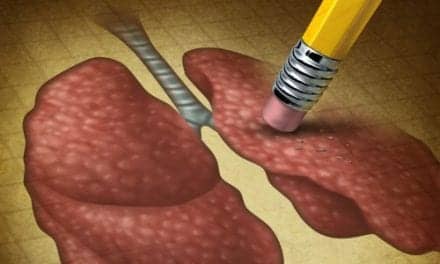A recent study revealed a new mechanism that contributes to the development of idiopathic pulmonary fibrosis (IPF). The study’s research team, led by researchers at the Comprehensive Pneumology Center at Helmholtz Zentrum Munich, hypothesized that the protein complex proteasome is dysregulated upon fibrotic lung remodeling contributing to IPF pathogenesis. According to a Pulmonary Fibrosis News report, the team tested the hypothesis by treating lung fibroblasts with TGF-beta to induce myofibroblast differentiation and investigate proteasome activity.
Additionally, researchers also tested mouse models of lung fibrosis and human IPF. The researchers found that myofibroblast differentiation is accompanied by the activation of the cytosolic 26S proteasome. Myofibroblasts in the lungs of IPF patients were reported to over-express Rpn6. Researchers depleted Rpn6 in human lung fibroblasts and found that it inhibited the activity of the 26S proteasome and suppressed fibroblasts differentiation into pathological myofibroblasts, as indicated on the Pulmonary Fibrosis News report.
The research team concluded that myofibroblast differentiation in lung tissue both in vitro and in vivo is linked to the activation of the 26S proteasome as well as subsequent increase in protein degradation. The Pulmonary Fibrosis News report notes that researchers suggest the proteasome most likely plays an important role in IPF pathogenesis, and that the specific inhibition of the 26S proteasome might represent a new therapeutic approach for IPF and possibly also to other fibrotic disorders.
Oliver Eickelberg, MD, co-author of the study, concludes, “Understanding the mechanisms that lead to a disease such as IPF helps us identify innovative approaches that allow therapeutic intervention.” The next goal of the team is to test the therapeutic value of specific 26S proteasome inhibitors.
Source: Pulmonary Fibrosis News










